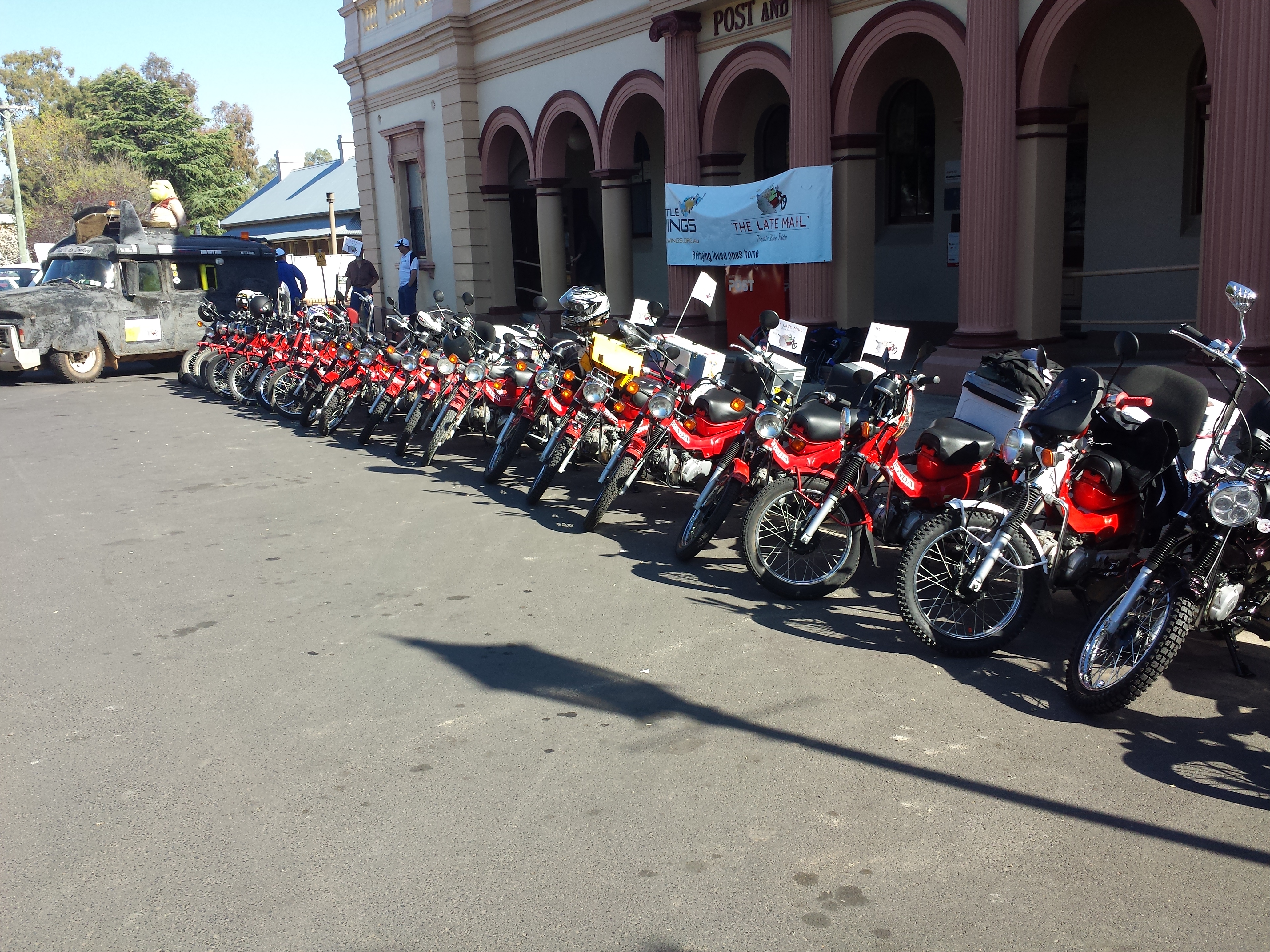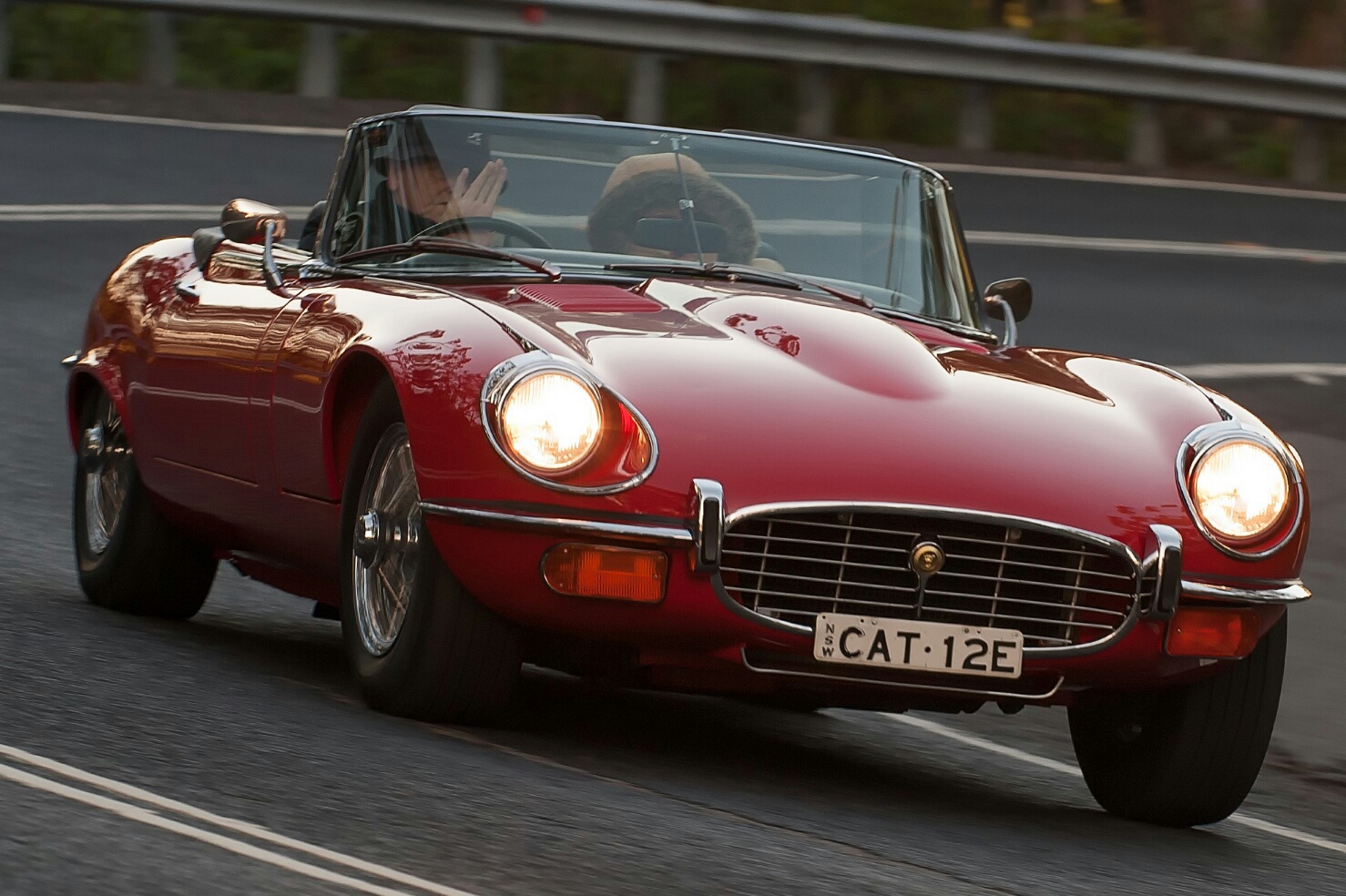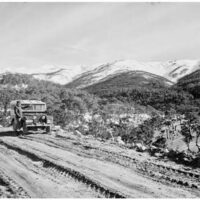Professor Graham Currie is the director of Monash infrastructure, Chair of public transport and Professor in Transport Engineering at Monash University.
You can get a flavour of his passionate and realistic approach to transport in a paper he wrote recently titled “Lies, Damn Lies, Autonomous Vehicles, Shared Mobility and Urban Transport Futures”.
Introduction
Academic or private research is sometimes seen only as the way to discover the next big thing; the next revolution; the next quantum leap in what we can do. And indeed, it can be.
But to get public coverage and funding, be it from your own organisation government or private sources, it is often best achieved by proclaiming as early as possible, how great your breakthrough is and how profitable it will be.
But a discovery is only the first step. To get good policy and implementation we need to have clarity of thought, a realistic perspective of what a new direction might lead to, and an understanding of the barriers and the concept of behaviour change.
Professor Currie has been actively involved in original research and evaluation of transport systems in Australia and around the world.
Selected Comments
- “A lot of new developments are very speculative and although they get a lot of media coverage, I rather think that tinged with too much hype. Now hype is selling things that aren’t real and you might think or does that really happen? Well there are many, many failures of new technology that is said to be the solution to all our wars. Like the monorail which haven’t really revolutionized cities.
- In regard to Autonomous cars: “The claim is that they’re are going to solve traffic congestion, that they’re going to be safer, that in fact a lot of US people have said that they’re going to take over from public transport which is very old and decaying. Well you can take each one of these apart at the moment because there’s no facts behind them”.
- “Excellence in Engineering is integrating human science, human considerations, psychology into engineering and the discipline is improving.
- “We are always seeking technical solutions that are the best but in practice the ones that get implemented are the ones that are politically acceptable and really that whole issue of local, state and federal politics is something that engineers don’t really spend any time on. They really should.
- On communication: “Unfortunately, in academia and engineering to an extent, there are plenty of technical disciplines like modelling, operations research, where there’s far too many formulas that no one understands. In the end our job, I think, is to explain clearly, to an often-busy person like the CEO for example who often do want to get involved in the details the public and politicians. Those guys are very busy not technical experts. There’s a real role for us all to tone down our work and come to the key points, to better communicate what we do, so that we can achieve change.
- And services like Uber and Lyft? “I have a bigger concern over them and it comes again with these words we’re using – these new words for new mobility. There’s this word called “ride sharing” and Uber is very much part of the ride sharing philosophy and I don’t like it because it’s a lie. The average occupancy of an Uber in traffic is 0.6 passengers per vehicle. It’s actually 1.6 but includes the driver. This implies that 34 percent of the time the vehicles are travelling around getting to places where they can pick people up or that they’re looking for business. Now congested cities don’t need empty cars of the road up trying to pick people up.






